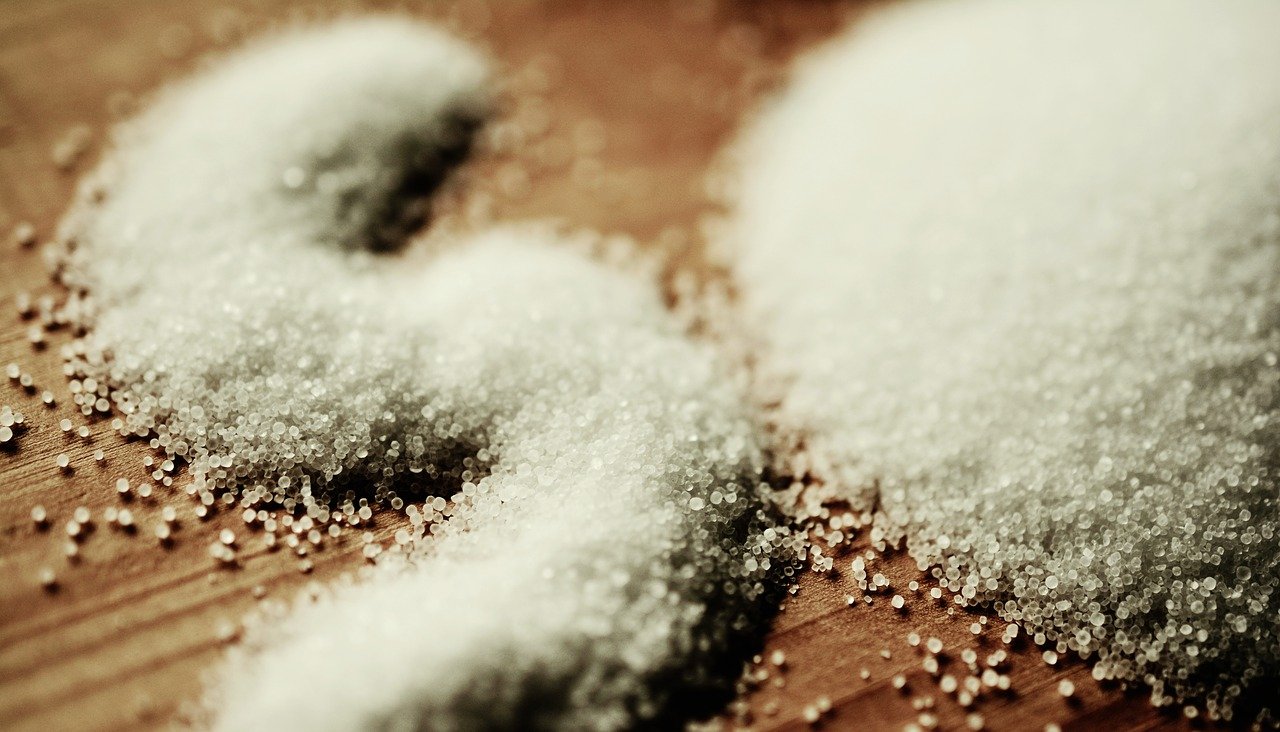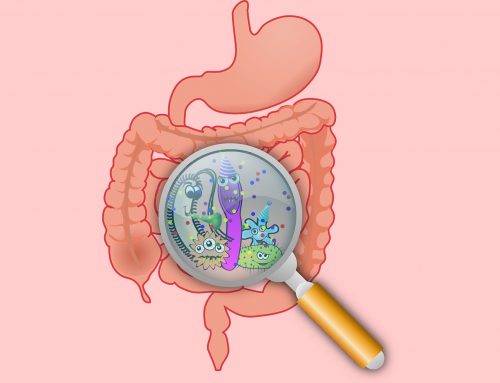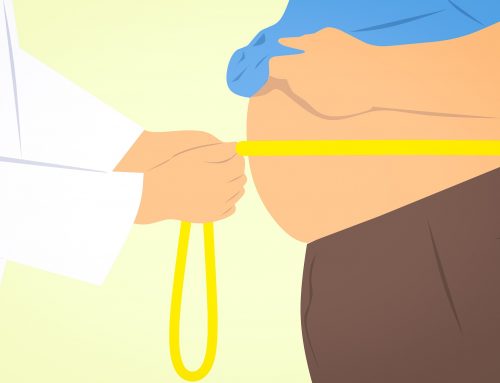Sodium chloride, more commonly known as salt, is an essential micronutrient in the diet.
Sodium and chloride are both necessary to balance fluids in the cells of the body and maintain healthy blood pressure. Sodium is required for the absorption of nutrients, transmission of nerve impulses and the contraction of muscles whilst chloride helps maintain the pH of body fluids. Without these micronutrients, we wouldn’t be able to think, move or digest food. So why does salt have such a negative reputation?
It’s all about the amount we ingest.
Our evolutionary ancestors are thought to have consumed very little salt – perhaps only 0.25grams per day, but the discovery that salt could be used as a preservative forever changed agricultural practices, food trade and food production. It also tasted good, so whilst salt’s usefulness as a preservative was a catalyst, the taste buds of the consumer have been the driving force behind the increased intake on a global scale.
According to the World Health Organisation, a healthy adult requires about 1500mg of sodium chloride each day, yet the average intake in most countries worldwide, is estimated to be a staggering 9000 – 12000mg per day. Most of the salt consumed comes from packaged and processed food where it is used as a preservative and flavour enhancer. Studies show that only 15% of salt consumed is added at the table, whilst 80% is added by industry.
Excessive intake of sodium chloride has been linked to negative health conditions, in particular hypertension (high blood pressure), cardio-vascular disease and kidney disease. As at 2015, high blood pressure was deemed the leading risk factor for global disease as it was considered to have the greatest impact, of all risk factors, on cardio-vascular disease. High blood pressure was estimated to account for two-thirds of strokes and half of ischaemic heart disease cases.
How does salt affect the body?
The presence of sodium chloride has an osmotic effect on the blood in that water is attracted into the bloodstream to dilute the sodium level. The added fluid increases blood volume, causing extra pressure on the heart and blood vessels. Excessive salt can also promote stiffness and narrowing of blood vessels which means blood vessels become less elastic and less able to cope with variations in blood flow.
Hypertension also places extra stress on the kidneys, causing scarring and impairing function. As the kidneys are the primary organ of fluid regulation, this can increase fluid retention and further exacerbate high blood pressure.
How can I reduce salt intake?
Avoiding fast food, processed food and salty snacks is the first step to reducing sodium chloride in the diet as these contain high levels of salt as a preservative and flavour enhancer. Restaurant dishes too, often have salt added to improve palatability.
Eating home cooked meals consisting of fresh fruit & vegetables, meat, fresh seafood, legumes and grains will not only provide a lower level of salt in the diet but will also increase potassium, which lessens the effect of sodium, helping to keep blood vessel walls supple and aiding the kidneys to remove excess sodium via the urine. Fruit and vegetables such as potatoes, bananas, spinach, tomatoes, Brussels sprouts, artichokes and many more are rich in potassium.
There are many wonderful herbs and spices that can be added to food in place of salt. Rosemary, oregano, basil, all-spice, cumin, pepper, chilli, lemon juice and vinegar, just to name a few, can all add flavour to food without compromising health.








